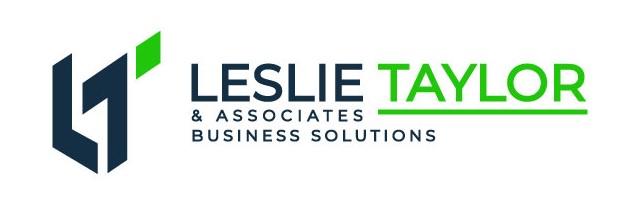How do you hire financial professionals to support your business?
What should you look for in a financial pro?
What tasks should they perform?
Whether these professionals are outsourced or hired directly into a full-time position, they play a critical role in the success of a business. This article is written to help business owners answer the specific questions around hiring financial professionals to support their businesses. This decision can be confusing for those not familiar with the financial industry. Financial professionals come with many different names and services. Furthermore, there can be overlap in terms of which professionals provide which services.
A good Financial Advisory Team for a small business should consist of:
- Tax Professional – Sam wants his money on time, and penalties apply if this is not done correctly
- Day-to-Day Financial Professional – Most business owners aren’t going to spend the time to learn how to do this correctly. Also, getting this wrong can negatively affect item #1 above.
First, I would like to discuss tax professionals. This topic is hardly sexy. However, taxes are an integral part of running a profitable and healthy business; especially due to the future consequences of not complying. A tax professional is knowledgeable about tax laws, especially changing tax laws (there were SIGNIFICANT changes last year). Also, a good tax professional can help you put together a strategy, so you reduce your tax liability significantly. So, it will cost you money, but it will likely save you more money in the end.
There are several qualified types of tax professionals. Businesses should look for a Certified Public Accountant (CPA) or an Enrolled Agent (EA). As with anyone you consider for your team, you should interview them as if you were hiring an employee or considering a partner. And, as with any profession, all tax preparers are not created equal. Some preparers even have different specialties. For a more detailed explanation on tax preparer credentials, go here https://www.irs.gov/tax-professionals/understanding-tax-return-preparer-credentials-and-qualifications.
Next, let’s talk about the day-to-day financials. The day-to day is where most of the activity happens in the business; purchasing equipment or software, hiring new employees, launching a new product or service, getting paid for products and services. This is where the day-to day professional does their job.
Historically, this work was handled by someone called a Bookkeeper. Fifty years ago, this person recorded a business’s financial transactions in books, literally on paper! They spent most of their time putting transactions into categories and making sure it aligned with the bank statements. They also made sure everything was done accurately and according to the professional standards of the trade. I won’t go into details as you would surely fall asleep. Now, with technology, these professionals have the bandwidth to offer analysis and advisory services in addition to the historical services.
Why should this matter to small businesses? It matters because small businesses can now receive a level of service previously only available to large companies. Small business owners can now equip themselves with information that allows them to understand the ongoing health and profitability of their companies so they can make better business decisions.
As for training, these professionals do not have one certifying body within the United States. These professionals complete certificate programs, diploma programs, while others may apprentice under CPAs or accountants. Professionals who provide these services go by several names which include Bookkeeper, CPA, Accountant, Outsourced CFO, and the list goes on and on.
So, who should you look for to hire to help with the day-to-day financial activities of your business? While this may be confusing, business owners should not focus on titles, but rather on the services their business needs.
Here are the services I recommend business owners inquire about as they go about seeking a professional to handle their day-to-day financials;
- Someone to count the beans (accounting/bookkeeping)– Entering, categorizing, and reconciling transactions, payroll support, bill payment support (*NOTE- this person should not receive money or pays bills- this reduces the risk of fraud and error. See my LinkedIn post regarding how my dentist was defrauded out of $2 mil. (April 2019).
- Financial Reporting – Profit and Loss statement, Balance Sheet, Statement of Cash Flows
- Analysis and Interpretation– Someone to tell you what it all means and help you determine how to use the information proactively. Highlighting observed trends and areas for improvement, areas of risk
- Planning, Forecasting and Budgeting – Creating a financial plan for your business that goes along with your strategic plan
Now, that wasn’t so painful was it? You are now equipped to hire your Financial Advisory Team, and you know what services they should provide for your business.

